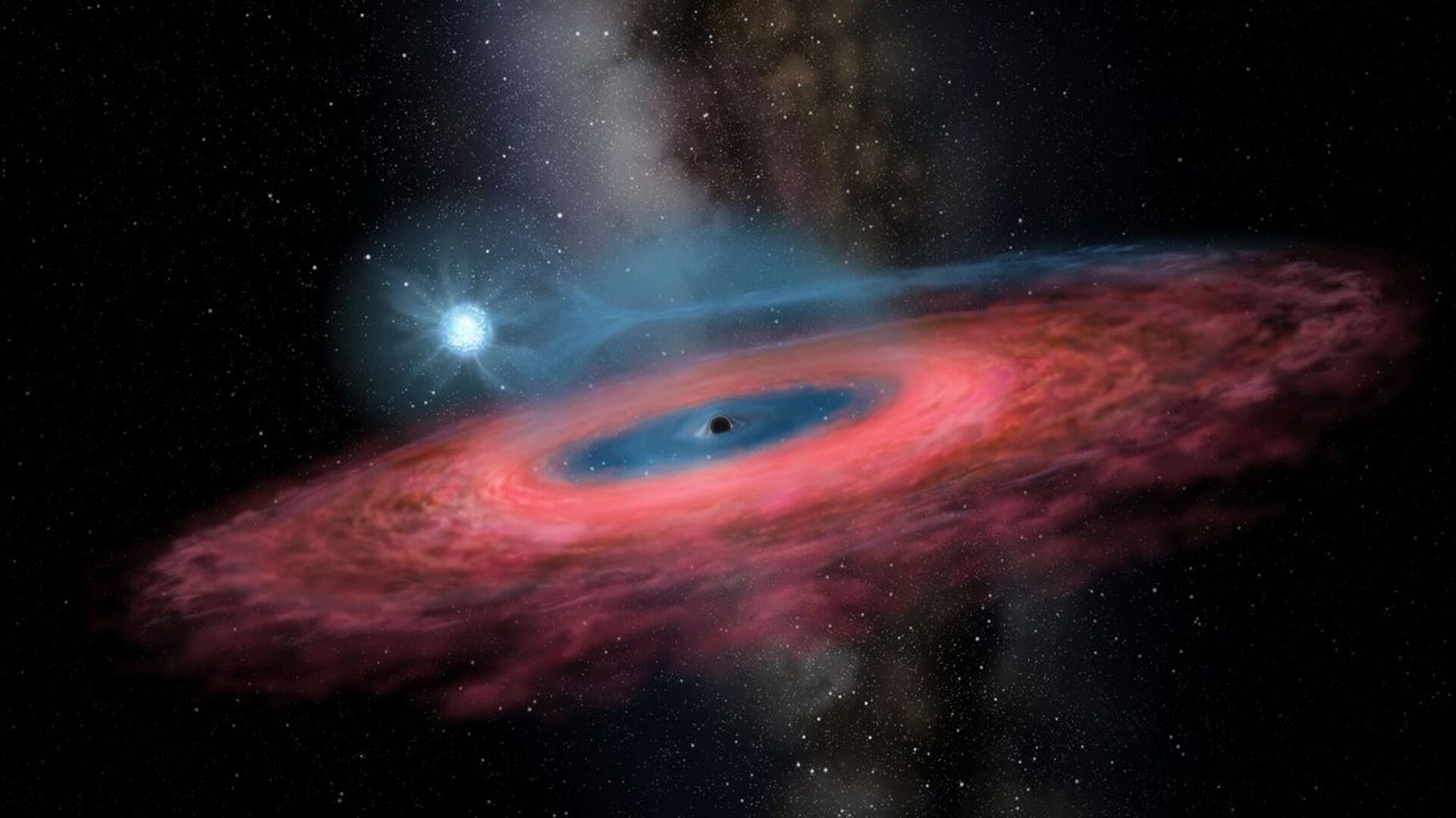A team of Israeli scientists from Hebrew University of Jerusalem and Tel Aviv University said in research published on Monday that they have intercepted radio emissions from a "faraway galaxy", which could change assumptions regarding the behaviour of black holes.
According to the scientists - physicist Assaf Horesh, Iair Arcavi of Tel-Aviv University, and NASA Swift space telescope director Brad Cenko - they observed in 2015 optical radiation from a star that was destroyed in a galaxy 700 million light years away and started searching for radio emissions that they expected to come shortly after.
After a star collapses into a black hole, it is believed that some of its material may enter the gravity well, while other particles are forced away, causing shockwaves that create radio emissions. Those emissions can be intercepted shortly after, and the Israeli scientists appeared to detect them after a four-year silence.
“We saw optical radiation after the star was destroyed, and then no radio emissions for months,” Horesh, a lead author of the new research, said, cited by the Times of Israel. “We decided to give it what we thought would be one last shot. Suddenly, six months later there was radio emission, which faded away for a year. Then, four years after the initial observation, we found that once again there was a very strong signal.”
The discovery of radio emissions after this much time could change the way that scientists look at the behaviour of black holes and particularly how they destroy stars and consume their material.
According to Horesh, the period over which it occurs is more drawn out “and somewhat more chaotic” than scientists believed.
“There seems to be a physical process we don’t understand yet that causes a long delay between the star being destroyed and the black hole accreting its material,” Hebrew University physicist Assaf Horesh told The Times of Israel.
The scientific team will seek to expand their research to identify radio interceptions from other galaxies.

